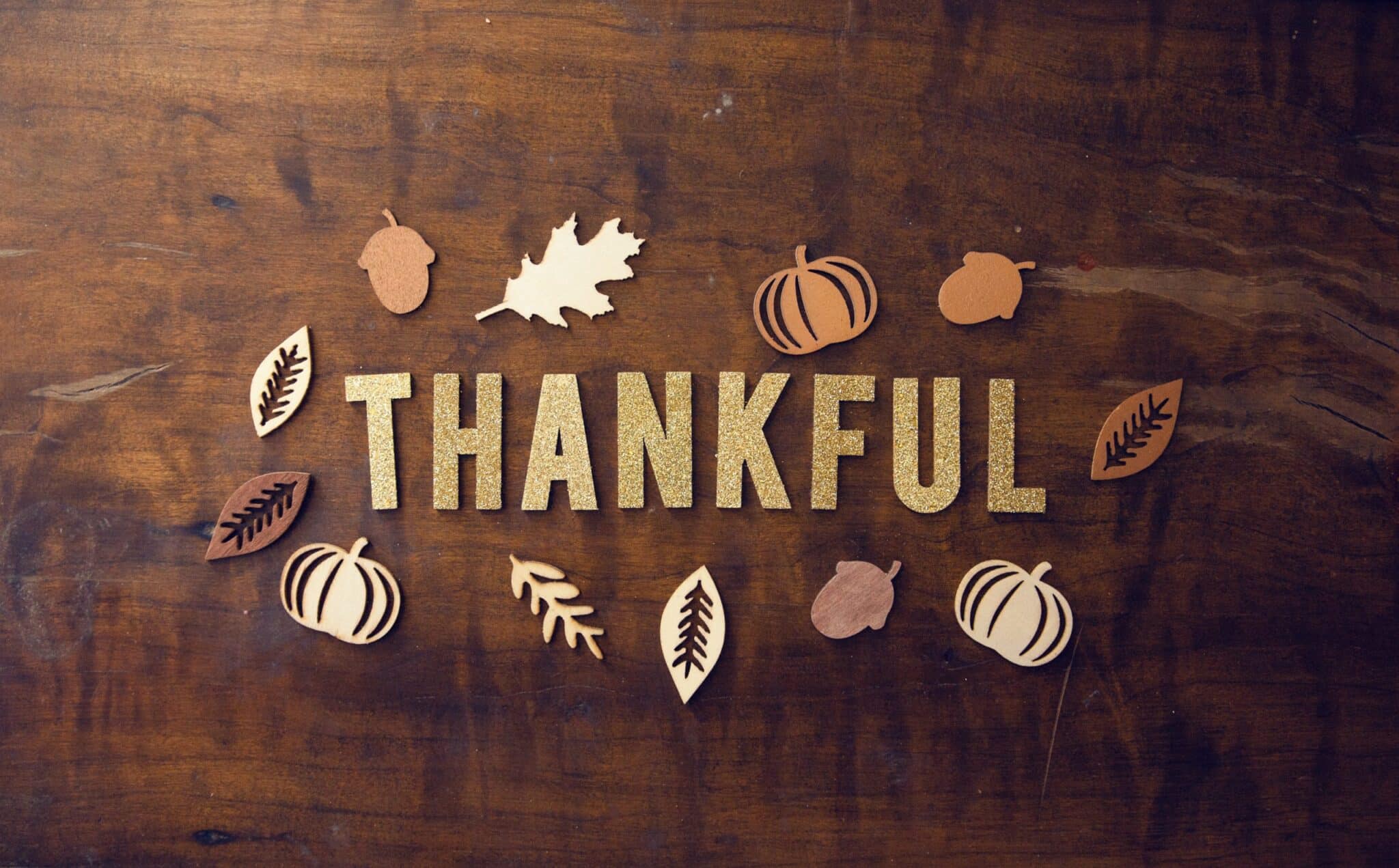With Thanksgiving underway and as we close in on the holiday season, we are faced with a cultural dichotomy. On one end, it’s Thanksgiving, a time of reflecting on the things for which we’re grateful. On the other, the background noise of cultural chaos looms.
Currently, we are experiencing ongoing protests following the not-guilty verdict of the Kyle Rittenhouse case. On the heels of that outcome, people are still processing the outcome of the Ahmaud Arbery case. Both cases involve a media complicit in creating a racial narrative, even when one does not exist. The concerted effort to inject race into every facet of modern life, from politics to policies, is evident to all.
For those serious about maintaining our fragile American experience, the battle for objective truth, devoid of the lens of partiality, seems elusive. Add to this ideological conflict the economic challenges of high unemployment, record-setting inflation, supply-chain shortages, and smash-and-grab looting in under policed areas. At some point, one might be tempted to ask, what’s there to be thankful for?
While it may appear that we are experiencing an unprecedented time in American history, the truth is that while what is happening is unique, it is not new. Everywhere human beings have populated the globe, there have been difficult times like those we currently face. The issues may have differed, and the key players might have changed; however, the timeline of history is filled with examples of innate human depravity.
Solomon writes, “There is nothing new under the sun” (Ecc 1:9b). While you and I may be absorbed in a never-ending cycle of social media news and information, it may be good for us to unplug and consider the thing for which we should be grateful.
The Myth
As we examine the cultural landscape, we might be tempted to believe there’s nothing for which to be grateful. While the opposite should be apparent, we need to examine that feeling. Our social media feeds can be a crucial indicator of what people think about politics and socio-cultural issues. Filled with the responses to culture, what can be witnessed at any given moment in this medium is a lack of gratefulness run amuck.
In a world filled with social justice is the idea that behind every human experience, something was owed that wasn’t given. If culture were to promote gratefulness, social justicians would be rather unnecessary. The magnitude to which their message has been successfully broadcast in culture can be directly correlated to the feeling one might have to be ungrateful or at least believe there’s nothing for which to be grateful.
The Truth
None of this is true. There’s a great deal for which we should be grateful. However, examining your heart and tracking your social media exposure to myths leading to ungratefulness might be the first step in reclaiming a heart of gratitude.
While images and stories, to the contrary, bombard us, we live in the greatest country in the world. Furthermore, despite inflation and the policies that promote it, we live in the most prosperous time of any human being in the history of the world. Despite the constant cries of systemic racism, we live in a time when those crying loudest hold positions of power from which they freely express the false idea that the system is stacked against them.
The cases mentioned above will work themselves out. The Jussie Smollett case did. Long after we forget the names of those involved in those cases, we go on with our lives. Our need to cultivate gratitude will remain.
Final Thoughts
In Scripture, the word grateful or gratitude appears 157 times, and the word thankful appears 71 times. In context, the idea mostly begins with a focus on God’s ability, for which we are grateful, and our inability, leading us to thank God for what he has done on our behalf. We ought to be thankful for what we have—family, friends, and even finance. All of these blessings originate from a good God who gives good gifts.
I have an idea for all of us who are seriously contemplating a heart of gratitude. Let’s stop listening to what the culture is telling us. The constant bombardment of social media can be a hindrance to cultivating a heart of gratitude. Of course, you can begin your solitude from social media once you’ve finished reading this article.
Have a wonderful holiday season.





